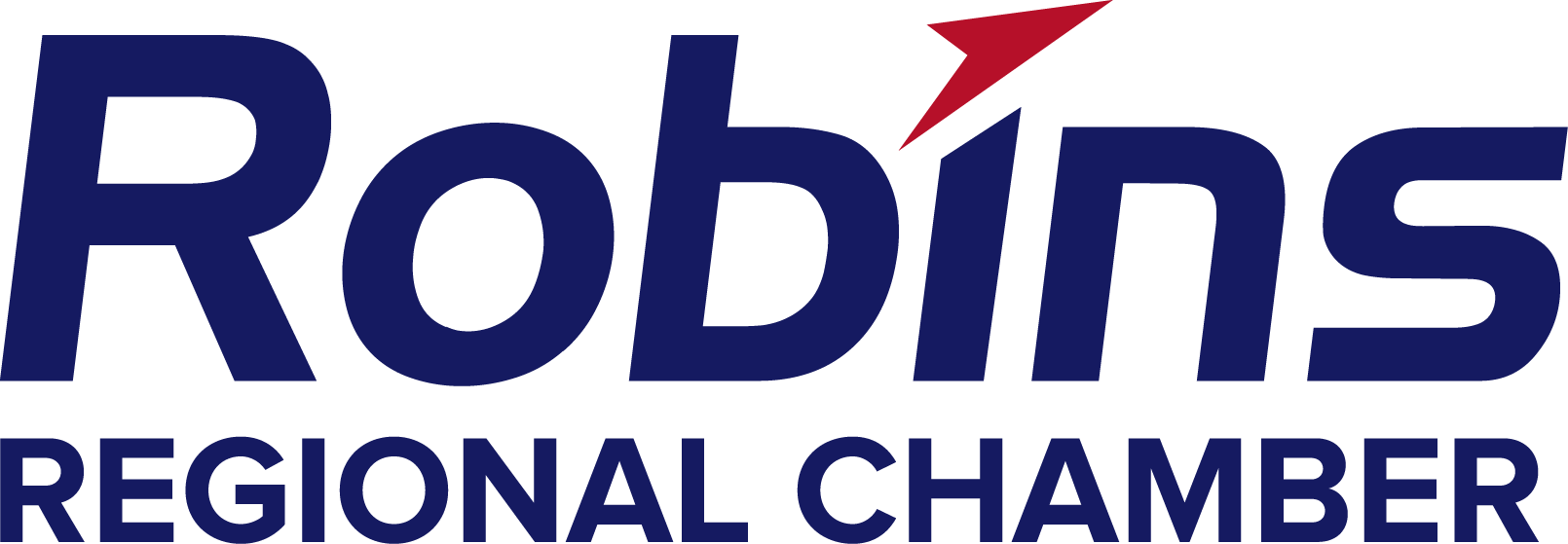COVID-19—INSURANCE COVERAGE FOR BUSINESS INTERRUPTION
By: Brittany E. Bennett, Esq.
Business interruption claims stemming from COVID-19 are currently an intense legal and political issue. However, blanket denials of business interruption claims could be problematic for insurance carriers, which have a duty of good faith and fair dealing.
The duty of good faith requires insurance carriers to:
- investigate claims in a timely manner,
- pay claims that are owed, or
- provide a reasonable explanation of the reasons for denial of the claim.
Failure to properly investigate claims or issuance of blanket denial letters could trigger bad faith claims in all jurisdictions.
Bad faith lawsuits have already been filed by policyholders across the nation alleging wrongful denial of business interruption claims stemming from COVID-19. Restaurateurs who received denials of their business interruption claims in the wake of mandatory business closures due to COVID-19, for instance, have filed suit against their insurers.
Bad faith law is also jurisdictional-dependent. There is no set of common law principles universally applicable to bad faith claims. The majority of jurisdictions require a “covered” claim as a prerequisite to a successful bad faith claim, but in others, bad faith can exist absent a “covered” claim. Consequently, an insurance carrier could be subject to bad faith or extra-contractual damages for failure to properly investigate a claim regardless of whether the claim is covered by the policy. It is therefore paramount that insurance carriers fully investigate and evaluate their policyholder’s COVID-19 claims and thoroughly explain coverage determinations.
In addition to bad faith claims, Georgia courts have held that if a provision of an insurance contract is susceptible of two or more constructions, even when the multiple constructions are all logical and reasonable, it is ambiguous, and the statutory rules of contract construction will be applied. When a provision of an insurance contract is ambiguous, a well-known rule of construction is that it will be construed against the party preparing it and in favor of coverage.
Ambiguity in an insurance policy may also be defined as duplicity, indistinctness, an uncertainty of meaning or expression. Lee v. Mercury Ins. Co. , 343 Ga. App. 729, 729, 808 S.E.2d 116, 120 (2017). Insurance policies, even when ambiguous, are to be construed by the court, and no jury question is presented unless an ambiguity remains after application of the applicable rules of contract construction. Because insurance policies are contracts of adhesion, drawn by the legal draftsman of the insurer, they are to be construed as reasonably understood by an insured. The policy should be read as a layman would read it and not as it might be analyzed by an insurance expert or an attorney. The insurer, in preparing the language of its policy, has the burden of using language that is clear and precise. The test is not what the insurer intended its words to mean, but what a reasonable person in the position of the insured would understand them to mean. Lee v. Mercury Ins. Co ., 343 Ga. App. 729, 729, 808 S.E.2d 116, 120 (2017).
All of this means that if you own a business and suffered losses due to COVID-19 and have insurance coverage—you should have a lawyer look at your insurance policy. You could have a case against your insurance carrier for denying your claim in bad faith.
The post COVID-19—INSURANCE COVERAGE FOR BUSINESS INTERRUPTION appeared first on Bennett Law and Mediation Services LLC.








